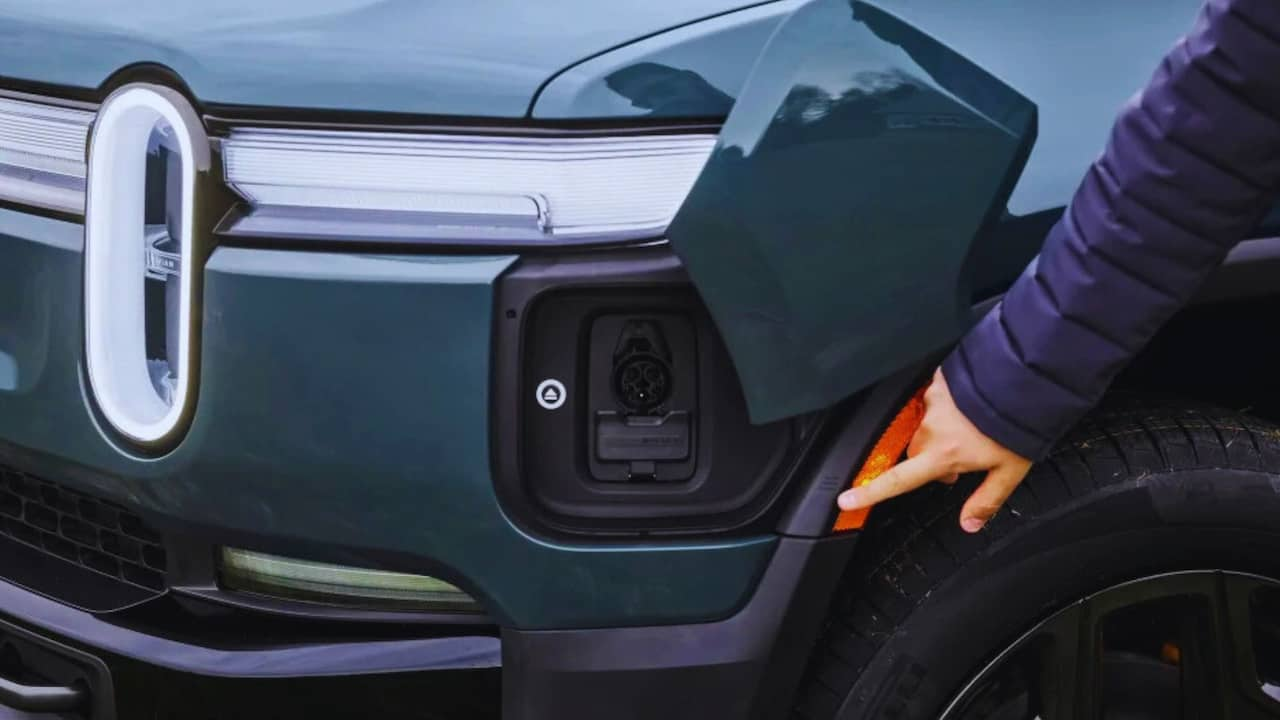Rivian’s Electric Dreams Hit Roadblock: Supply Chain Crisis Sparks Major Revenue Plunge
As a seasoned automotive industry reporter, I bring you the latest developments from one of America’s most watched electric vehicle manufacturers.
Rivian, the ambitious electric vehicle startup, faces significant headwinds as it reported a troubling $874 million in revenue for the third quarter of 2024. This figure falls more than 12% below what market experts predicted, painting a concerning picture for the company’s immediate future.
RJ Scaringe, the company’s founder and CEO, points to a specific problem that’s causing major headaches. “This has been a tough quarter for us,” he admits, citing supply chain issues that have severely limited production. The main culprit? The Enduro motor, a crucial part that powers their vehicles, is the main culprit.
The numbers tell a stark story. Production dropped dramatically, with only 13,157 vehicles rolling off the assembly line last month. Even more telling, just 10,018 of these reached customers’ hands. This discrepancy between the number of cars produced and the number of cars delivered suggests potential issues with demand for their costly electric vehicles.
Let’s break down what this means in plain English:
- Revenue dropped by 34.6% compared to last year’s $1.33 billion.
- The company expects to lose between $2.82-2.87 billion this year.
- Only $8 million came from selling regulatory credits.
- Operating costs went down, helping reduce losses to $1.1 billion.
However, there is still hope. Rivian is fighting back with several strategic moves. They’ve started making a new three-motor version of their R1 vehicles; think of it as the premium model that could help boost their bank account. They are also developing a new midsize SUV named the R2, which they anticipate will significantly improve their situation.
Rivian has announced a new partnership with LG Energy Solution, which bodes well for the future. This team-up will ensure a steady supply of battery cells for their upcoming R2 vehicle, with production happening right here in Arizona.
Looking ahead, Rivian has lowered its production goals to between 47,000 and 49,000 vehicles for the year. While this might disappoint some investors, the company insists these challenges are temporary. They’re planning to start R2 production in early 2026, showing confidence in their long-term strategy.
For now, Rivian faces the tough task of balancing their ambitious goals with real-world challenges. While their efforts to bring more production in-house are commendable, they have encountered some unexpected challenges. The coming months will be crucial in determining whether they can overcome these obstacles and maintain their position in the increasingly competitive electric vehicle market.
As developments continue to unfold in this story, we’ll keep you updated on Rivian’s journey through these challenging times. This is [Your Name] reporting for [News Organization], keeping you informed on the latest in the electric vehicle industry.
